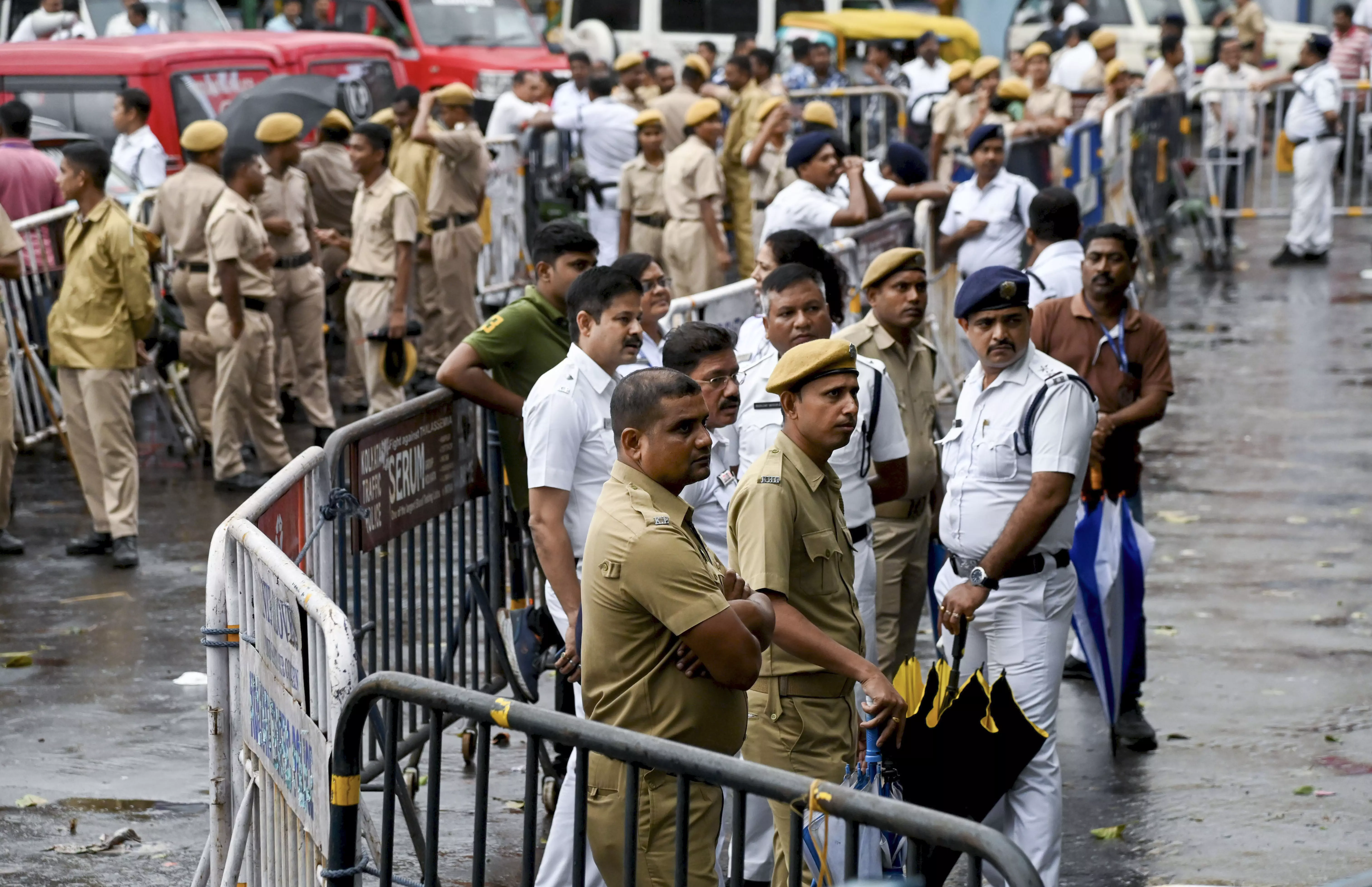AA Edit | Docs’ main demands met, they must resume work

The thaw between the West Bengal government and doctors protesting the rape and brutal murder of a junior resident doctor at R.G. Kar Hospital and Medical College in Kolkata for a little over a month now has come not a moment too soon. It was the failure of both parties to appreciate not only the other’s position but also their own commitment to the people whom they are duty bound to serve that led to the crisis continuing this long. And, too, it is the tough stand taken by the Supreme Court that may have helped them see eye to eye, at least on the larger points of action.
As per the agreement reached by the strikers and the government at the end of a marathon session on Monday, the West Bengal government will bring about certain changes in the bureaucracy, which include the offices of the Kolkata commissioner of police, the director of medical education and the director or health services. Given the direction taken by the CBI investigation into the crime and horrendous lapses on the part of the police that have now come to the public domain, the commissioner of police must take direct responsibility for the messy investigation in the preliminary stage. While officials of the medical college ordered the tampering of the crime scene and, thereby, destroyed evidence, the police, through their acts of omission, jeopardised the probe. The top officials of the health department must also be held to account for not only their vicarious responsibility post the failure to ensure safe working conditions for junior doctors but also for their inability to act with alacrity once a terrible crime had taken place. The agitating doctors were justified in seeking action against them.
The state government’s prickliness on the issue was unacceptable from the word go. In point of fact, the administration was a total failure not only in preventing a crime but also in taking the bare minimum steps towards investigating a case this magnitude. Worse, it allowed another crime to happen when a mob of thousands entered the medical college and threatened doctors and other staff days after the rape-murder. But the government was not only unwilling to acknowledge it, it also refused to show the civility to hear the legitimate demands of the doctors. Every invitation it extended to them for talks bore signs of high-handedness and reeked of abuse of power. The government must realise that in a democracy power rests with the people and there is a limit to which their voices can be taken for granted.
For their part, the doctors, too, must now report to duty without delay. True, they have a genuine reason to register their protest but they must also recognise the fact that several responsible institutions, including the Supreme Court of India, are at work addressing their grievances. Some of these are of immediate concern. Acting on others could take time. But all that the doctors must now see to is that the state agencies who have promised redress do not pass the buck. The strike has resulted in the deaths of scores; there should be no more victims.

